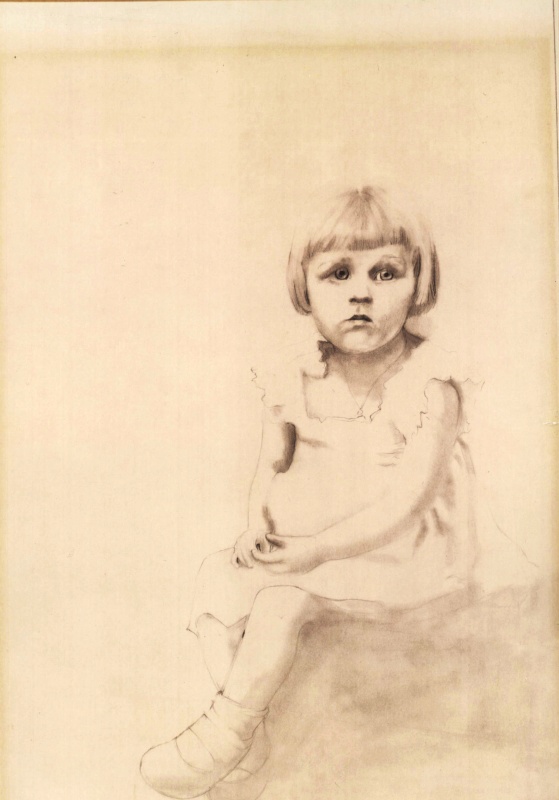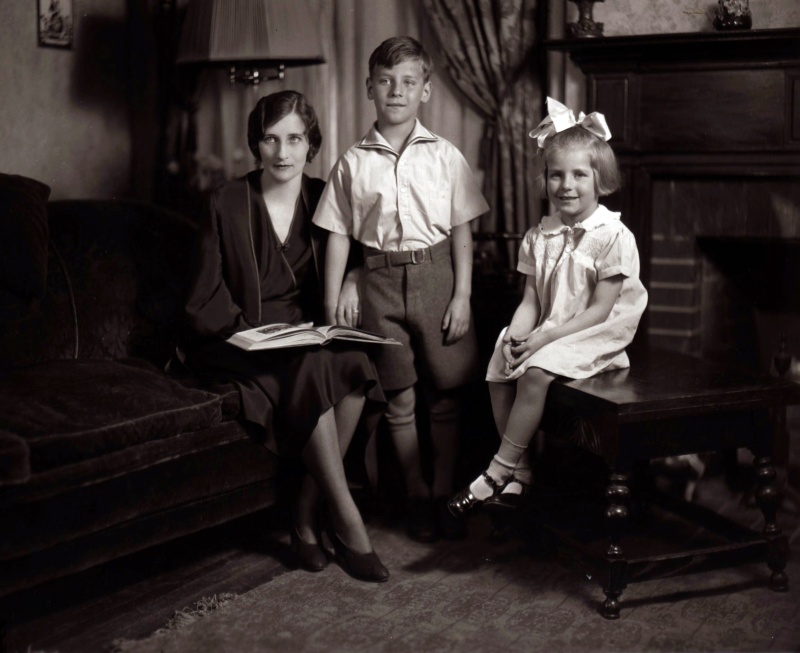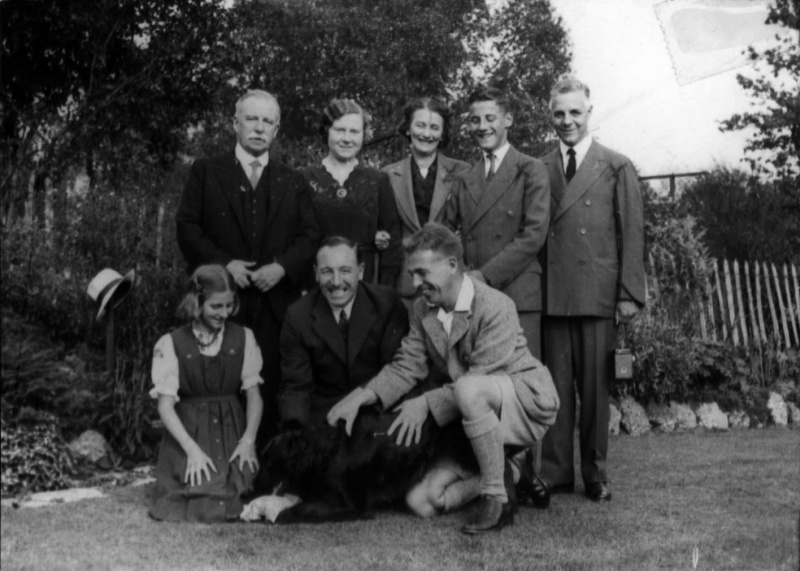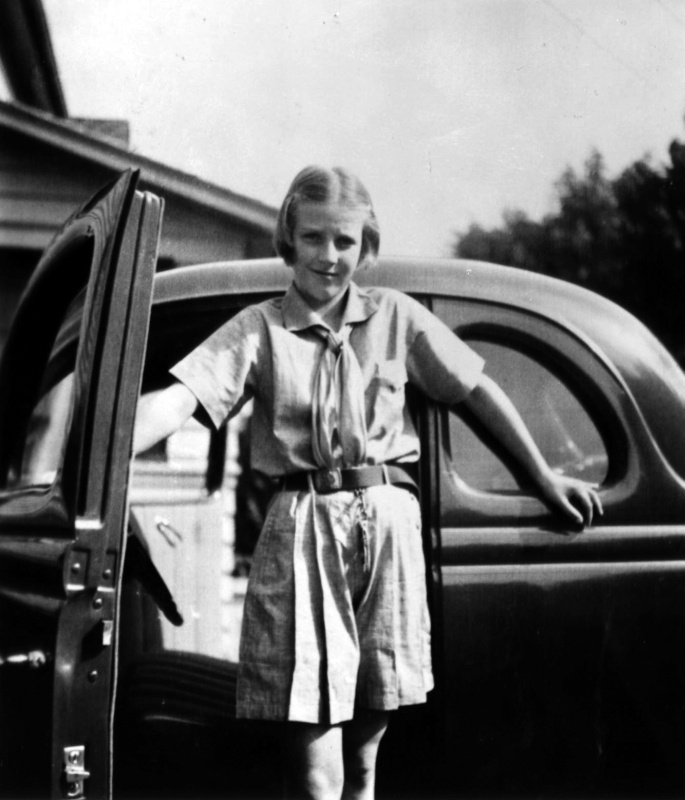Shoebag Returns (12 page)
Authors: M. E. Kerr

“Hold your horses,” Stanley said, reaching for the Hootie & The Blowfish T-shirt.
“That’s what Bagg always said.”
“I want you to take this.”
“And that’s his lucky T-shirt, Stanley.”
“He never wanted to wear it, though. He liked my clothes better.” He handed it to her and she thrust it into her bag, along with Monroe and the photograph of Gregor.
“Well … ahoy!” she said, her voice breaking.
“Ahoy and good-bye,” said Stanley.
Then they shook hands in the secret way, thumbs-up and touching.
“We’re Butter,” they said together.
I
F EVER SOMEONE SAVES
your life, you should look out for whoever it is.
Stay near her.
Stick by her.
Shoebag knew that was what he had to do.
If ever you can find your way home, you should try to do it.
If you have a family somewhere you should try to find them.
Even if they live in Tennessee.
Even if they live inside a Macintosh.
Shoebag knew that was what he had to do.
Curled up in the ear of Monroe, the Kewpie doll, covered by the Hootie & The Blowfish T-shirt, he stared at the photograph of his good friend, Gregor Samsa.
“Before you ever try the formula again,” Samsa had said, “be sure you have a good reason, and be sure to do it on a Wednesday night.”
“But will it work? What if when I’m human I suddenly become a roach again?”
“Then you will have a lot of explaining to do,” said Gregor, “which is why I’m glad I know
my
place.”
It was dark inside the bag, but not bumpy any longer since Josephine had set it down on the floor, in the back seat of the Chrysler.
There were plenty of delicious crumbs scattered about near her comb and her change purse. Butterfinger crumbs, Pepperidge Farm goldfish crumbs, crumbs from Dipsy Doodles and Nabisco Old Fashioned Ginger Snaps … Shoebag would not go hungry. It was the first time he had ever gone on a journey all by himself. Roachdom being what it was, he supposed it would not be the last time.
But for now: so long.
So long to Stanley Sweetsong and his Gap/Levi’s/Polo/Lands’ End/Doc Marten wardrobe. Stanley would be okay from now on, Shoebag was sure.
So long to crabby Cook and crafty Butter.
So long to the jumping spider, Blonde, and the Zap man.
So long to Mr. Longo, the king snake, and the African frog.
So long to all the Butters, and even the Betters.
So long to Miss Rattray’s School for Girls (and now one boy).
So long.
So long.
Until we meet again.
My real name is Marijane Meaker.
When I first came to New York City from the University of Missouri, I wanted to be a writer. To be a writer back then, one needed to have an agent. I sent stories out to a long list of agents, but no one wanted to represent me. So, I decided to buy some expensive stationery and become my own agent. All of my clients were me with made-up names and backgrounds. “Vin Packer” was a male writer of mystery and suspense. “Edgar and Mamie Stone” were an elderly couple from Maine who wrote confession stories. (They lived far away, so editors would not invite them for lunch.) “Laura Winston” wrote short stories for magazines like
Ladies’ Home Journal
. “Mary James” wrote only for Scholastic. Her bestseller is
Shoebag
, a book about a cockroach who turns into a little boy.
My most successful writer was Vin Packer. I wrote twenty-one paperback suspense novels as Packer. When I wanted to take credit for these books, my editor told me I could not, because Vin Packer was the bestselling author—not Marijane Meaker.
I was friends with Louise Fitzhugh—author of
Harriet the Spy
—who lived near me in New York City. We often took time away from our writing to have lunch, and we would gripe about writing being such hard work. Louise would claim that writing suspense novels was easier than writing for children because you could rob and murder and include other “fun things.” I’d answer that children’s writing seemed much easier; describing adults from a kid’s eye, writing about school and siblings—there was endless material.
I asked Louise what children’s book she would recommend, and she said I’d probably like Paul Zindel’s
The Pigman
, a book for children slightly older than her audience. I did like it, a lot, and I decided my next book would be a teenage one (at the time, we didn’t use the term “YA” to describe that genre). I knew I would need yet another pseudonym for this venture, so I invented one, a take-off on my last name, Meaker: M. E. Kerr. (Louise, on the other hand, never tried to write for adults. She was a very good artist, and her internal quarrel was whether to be a writer or a painter.)
Dinky Hocker Shoots Smack!
was my first Kerr novel. The story of an overweight and sassy fifteen-year-old girl from Brooklyn, New York,
Dinky
was an immediate success. Between 1972 and 2009, thirty-six editions were published in five languages.
Gentlehands
, a novel as successful as
Dinky
but without the humor, is a romance between a small-town boy and a rich, sophisticated Hamptons summer girl. The nickname of the boy’s grandfather is Gentlehands, but he is anything but gentle. An escaped Holocaust concentration camp guard, he once took pleasure in torturing the female prisoners. His American family does not know about his past until the authorities track him down. Harrowing as the story is, the
New York Times
called it “important and useful as an introduction to the grotesque character of the Nazi period.”
One of the hardest books for me to write was
Little Little
, my book about dwarfs. I kept worrying that I wouldn’t get my little heroine’s voice right. How would someone like that feel, a child so unlike others? After a while, I finally realized we had a lot in common. As a gay youngster, with no one I knew who was gay, I had no peers, no one like me to befriend—just like my teenage dwarf. She finally goes to a meeting of little people and finds friends, just as years later I finally met others like me in New York City.
I also used my experience being gay in a Kerr novel called
Deliver Us from Evie
. I set the story in Missouri, where I had studied journalism at the state university. I had been a tomboy, so I made my lead character, Evie, a butch lesbian. She is skillful at farm chores few females would be interested in, dresses boyishly, and has little interest in the one neighborhood boy who is attracted to her. I didn’t want to feminize her to make her more acceptable, and I worried a bit that she wouild be too much for the critics. Fortunately, my readers liked Evie and her younger brother, Parr, who doesn’t want to take over the family farm when he grows up. The book is now in two thousand libraries worldwide.
When I write for kids, I often draw on experiences I had when I was a teenager living in Auburn, New York—a prison city. All of us were fascinated by the large stone building in the center of town, with gun-carrying guards walking around its stone wall. Called Cayuga Prison (Auburn is in Cayuga County), it appears in several of my books. One of these books is called
Your Eyes in Stars
.
Growing up, I was friends with a boy whose family was in the funeral business. As the only male, he was expected to take over the business when he grew up. Can you imagine looking forward to that in your future? Neither could Jack, who inspired
I’ll Love You When You’re More Like Me
.
My book
Night Kites
is about AIDS. To my knowledge, it was the first print book that featured two gay men who have contracted AIDS, rather than having the illness come about because of a blood transfusion. When we first learned of AIDS in 1981, everyone grew afraid of old friends who were gay males. There was a cruel joke that “gay” stood for “got AIDS yet?” But soon we realized AIDS was not just a gay problem. The book is set in the Hamptons, though much of the action takes place on a Missouri farm.
I have also written a teenage autobiography, called
Me Me Me Me M
e, which deals with my years growing up in upstate New York during the thirties and forties. My older brother, Ellis, was a fighter pilot in the naval air force, seeing action over Japan. After World War II, he fought in Vietnam for our secret airline Air America, and later in Korea. He was my favorite relative until Vietnam. We had a major falling-out over the war when he called me a “peacenik.” We never felt the same about each other after that, up until his death in the nineties. My much younger brother has lived with his family most of his life in Arizona. We don’t see as much of each other as we’d like because of the distance between our homes.
I have always given my parents credit for my becoming a writer. My father was a great reader. Our living room was filled with walls of books. I grew up with him reading to me, and ultimately began reading any novel he did. But I am a writer largely due to my mom’s love of gossip. Our venetian blinds were always at a tilt in our house because Mother watched the neighbors day and night. Many of her telephone conversations began, “Wait till you hear this!” On execution nights in our prison, my mother and her girlfriends huddled outside in a car, waiting for the executioner to go inside. He was one of ten men who entered the prison together on execution night, so no one snooping could know who had really pulled the switch.
I have taught writing for thirty-four years at nearby Ashawagh Hall in East Hampton, where I’ve lived most of my adult life. We benefit, in part, the Springs Scholarship Fund. My teaching inspired me to write
Blood on the Forehead: What I Know about Writing
. A dozen members who had never finished a book became published writers after joining the class, and we also have members who are already professional writers. Currently, I am in the middle of a memoir called
Remind Me
. The title comes from an old Mabel Mercer song:
Remind me not to find you so attractive
Remind me that the world is full of men

Portrait of Meaker, drawn by Louise Fitzhugh from a baby picture.

Seven-year-old Meaker, her mother, and her brother Ellis in Auburn, New York.

Meaker (front left) with her mother, her brother Ellis, her father, and several other Meakers at the home of British relatives in Brighton in 1938.
